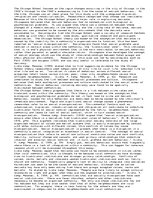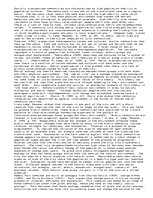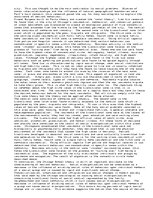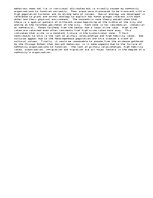The Chicago School focused on the rapid changes occurring in the city of Chicago in the 1920's through to the 1960's endeavouring to find the cause of deviant behaviour. At the time, Chicago was an ideal place for this study with the widespread migration, immigration and industrialisation. Researchers recognised that change was inevitable. Because of this the Chicago School played a major role in explaining deviance. Chicagoans believed that deviant behaviour had no connection with biological or psychological problems. It was argued that there was a connection between these changes of a modern society in the community and the rising rate of deviance, deviant behaviour was presumed to be caused by the environment that the deviants were accustomed to. Sociologists from the Chicago School used a variety of research methods to come up with their theories: case study, qualitative research and participant observation. The Chicago School theory was based on the assumption that deviance is caused by the inability for a community's organisations to function, this has been labelled as 'social disorganisation'. …




